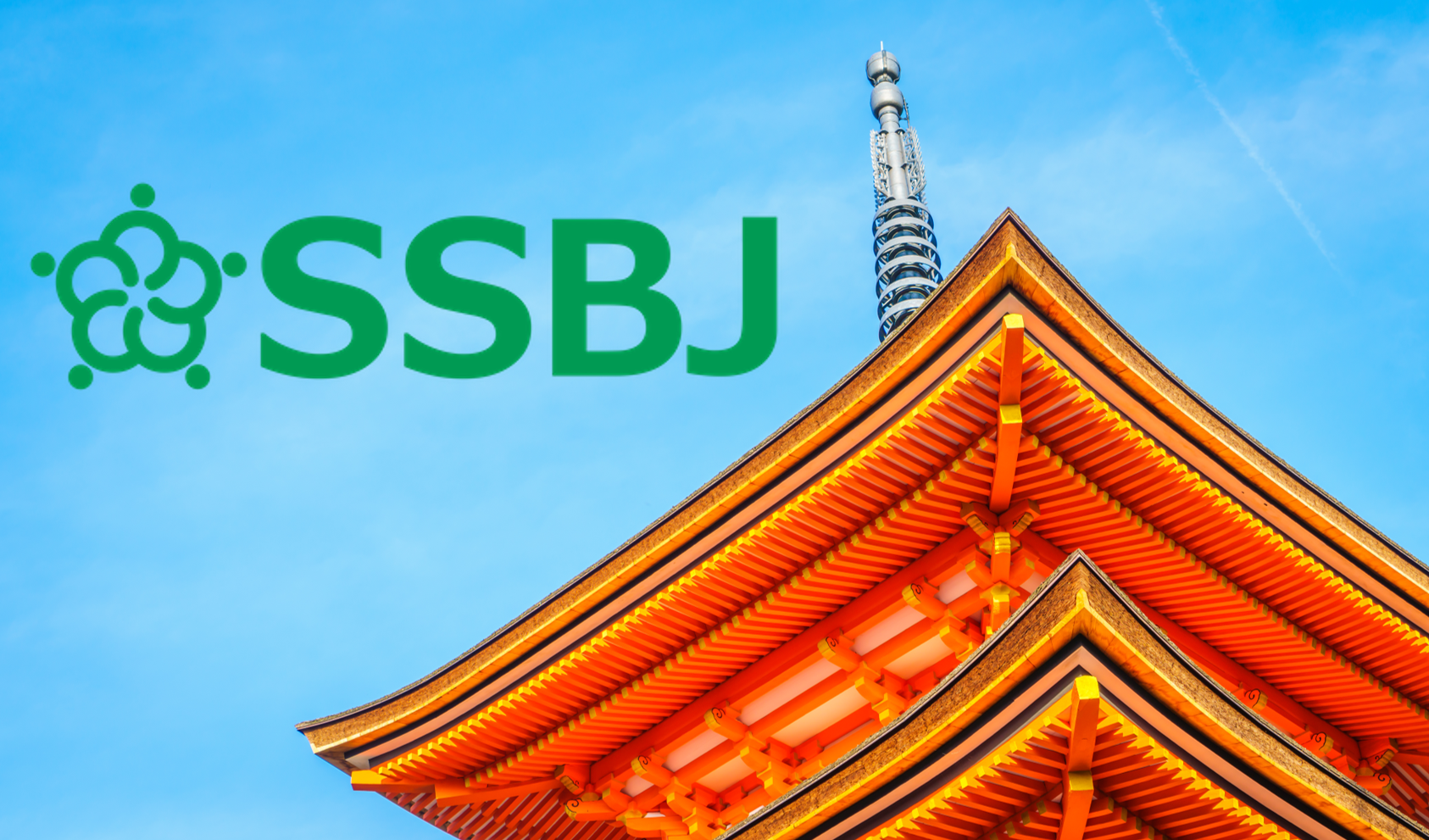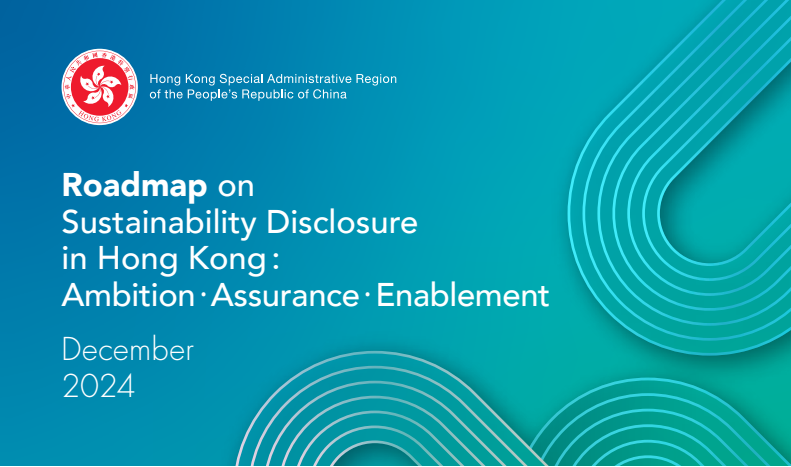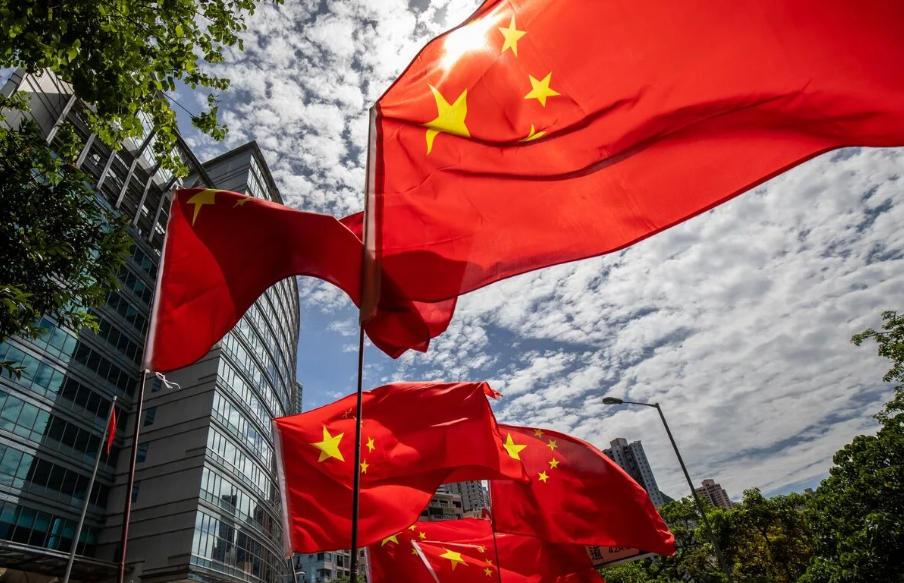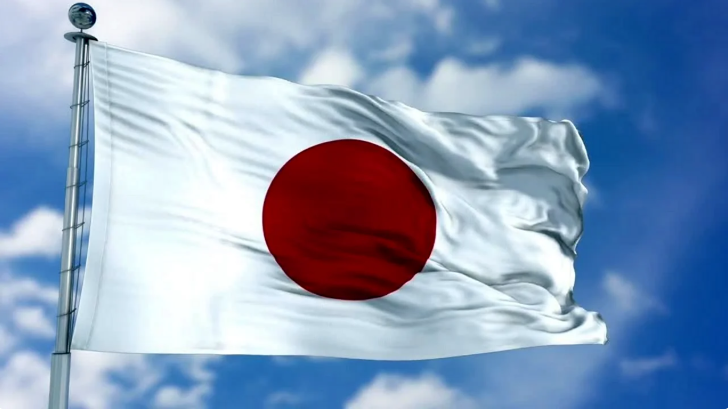Japan Issues First Sustainability Reporting Standards Aligned with IFRS
Japan is taking a decisive step in sustainable development by implementing reporting standards aligned with international IFRS principles. These changes reflect the country's ambition to harmonise its practices with global requirements set by bodies like the ISSB. This opens new opportunities for Japanese businesses, enabling them to attract investment, strengthen stakeholder trust, and enhance their competitiveness in international markets by integrating sustainable practices into their strategic and operational processes.
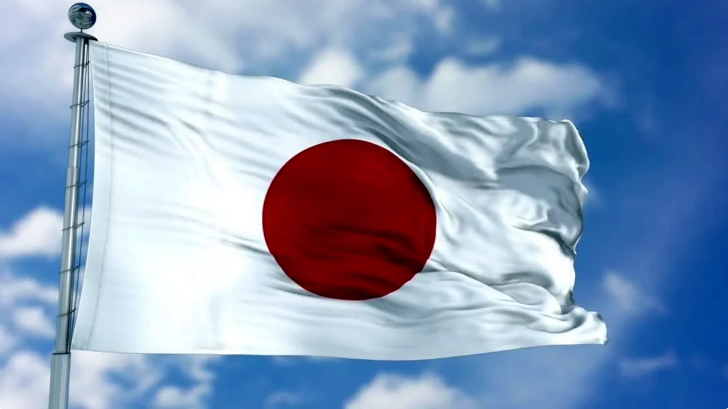
On 6 March 2025, the Sustainability Standards Board of Japan (SSBJ) officially released its final Sustainability Disclosure Standards. These standards are based on the International Sustainability Standards Board (ISSB) guidelines under the IFRS Foundation and will become the foundation for mandatory reporting by listed Japanese companies, encompassing both sustainability and climate-related information within their annual reports.
Background and Development
Japan’s path to sustainability reporting started in 2021, when the Tokyo Stock Exchange (TSE) revised its Corporate Governance Code, introducing climate-related disclosures based on the Task Force on Climate-related Financial Disclosures (TCFD) recommendations under a "comply or explain" approach.
In 2023, the Financial Services Agency (FSA) of Japan mandated that all listed companies include sustainability information in their annual reports, requiring disclosures on strategy, risk management, performance indicators, and targets. This marked a significant step toward improving transparency and comparability in sustainability reporting.
By March 2024, SSBJ released a draft version of the standards. Following public consultation, the final standards published in March 2025 have been refined to ensure greater alignment with international ISSB benchmarks while addressing Japan-specific considerations.
Phased Implementation of Mandatory Disclosures
The rollout of mandatory sustainability disclosures for Tokyo Stock Exchange (TSE) Prime-listed companies will follow a phased approach based on market capitalisation thresholds:
- Phase 1: Companies with a market capitalisation of JPY3 trillion or more will be the first to comply, reporting for the financial year ending March 2027.
- Phase 2: Firms with a market capitalisation of JPY1 trillion or more will follow in March 2028.
- Phase 3: Companies valued at JPY0.5 trillion or more will begin reporting in March 2029.
- Final Phase: The timeline for full implementation across all TSE Prime-listed companies remains flexible, with complete adoption expected sometime in the 2030s.
This phased approach allows businesses time to prepare, while the government monitors early implementation outcomes before determining the timeline for extending the requirement to all Prime-listed companies.
SSBJ and Its Role in Aligning with ISSB
The Sustainability Standards Board of Japan (SSBJ) was established in July 2022 under the Financial Accounting Standards Foundation (FASF) to develop sustainability reporting standards aligned with international frameworks.
The International Sustainability Standards Board (ISSB) was formed in November 2021 to create a global baseline for sustainability disclosures. In June 2023, ISSB issued two key standards:
- IFRS S1: General sustainability-related financial disclosures
- IFRS S2: Climate-related disclosures
The SSBJ’s 2025 sustainability standards are closely aligned with ISSB’s IFRS S1 and IFRS S2 but include Japan-specific considerations.
Key Features of Japan's Sustainability Disclosure Standards
Unlike the ISSB, which issued two standards, the SSBJ has introduced three:
- Universal Sustainability Disclosure Standard – Establishes overarching principles for sustainability reporting.
- Sustainability Disclosure Standard No. 1 (General Disclosures) – Covers sustainability-related risks and opportunities, corresponding to IFRS S1.
- Sustainability Disclosure Standard No. 2 (Climate-related Disclosures) – Aligns fully with IFRS S2 and focuses on climate-related risks and financial impacts.
These standards aim to provide Japanese companies with a comprehensive framework for reporting their sustainability impacts, risks, and opportunities.
Business Implications and Strategic Impact
The introduction of Japan’s Sustainability Disclosure Standards represents a transformative step for listed companies, bringing both challenges and strategic advantages. By aligning with global sustainability frameworks, these standards enhance corporate transparency, providing investors with high-quality, comparable disclosures. This, in turn, strengthens investor confidence and positions Japanese businesses as more attractive to both domestic and international capital markets.
Moreover, the integration of ISSB-aligned reporting ensures that Japanese companies remain competitive on the global stage, meeting the evolving expectations of regulators and financial stakeholders. Beyond competitiveness, the structured approach to sustainability disclosure equips organisations with better tools to assess and manage climate-related and broader ESG risks, reinforcing long-term financial stability.
Finally, the adoption of standardised reporting practices reduces discrepancies between Japan and other major economies, facilitating cross-border investment and easing regulatory alignment. As sustainability reporting becomes increasingly critical to business strategy, these new requirements will help companies navigate the complexities of the evolving ESG landscape while strengthening their resilience and market positioning.
